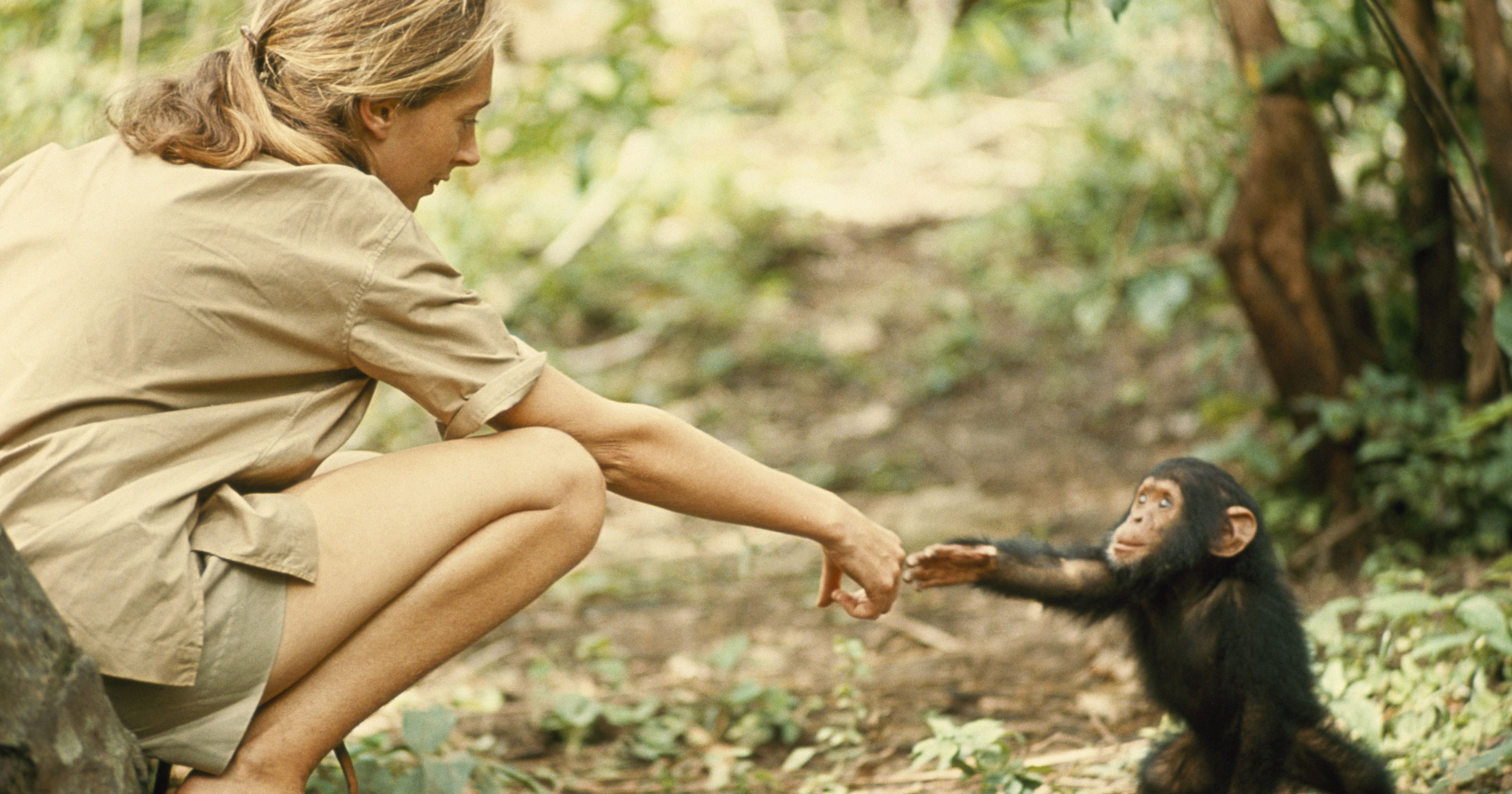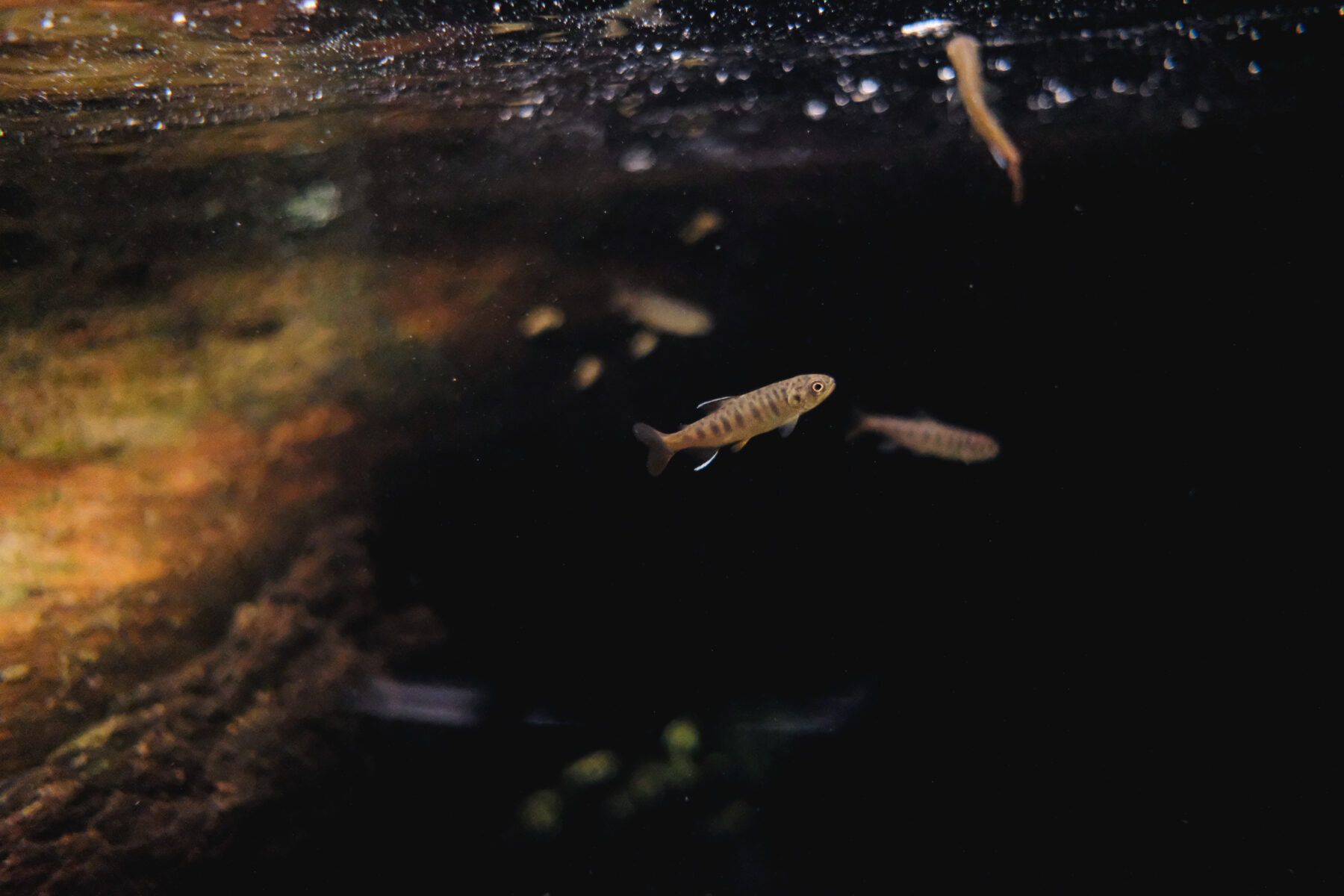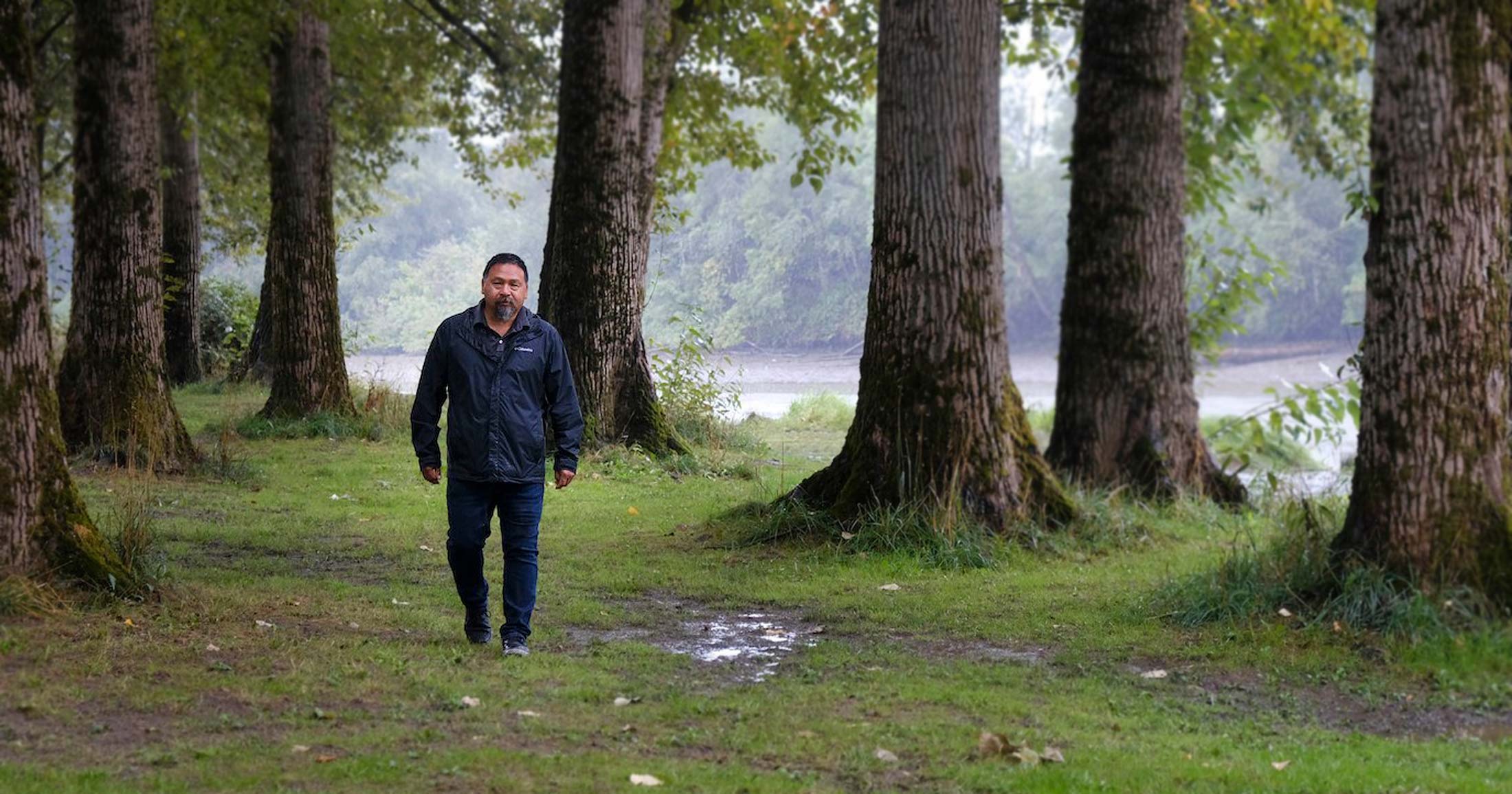Shifting salmon policy
Photo by Alex Harris.
Ecosystems are complex. They are communities of living organisms connected through interacting processes and features on the land, in water, and between the two. Yet BC’s antiquated environmental policy doesn’t reflect this. Colonial society governs ecosystems by siloing them into distinct ministries and resources instead of reflecting the interconnected nature of habitats that make them function in the living world. This “siloed decision making”is the root cause of many of the ecological challenges we face today.
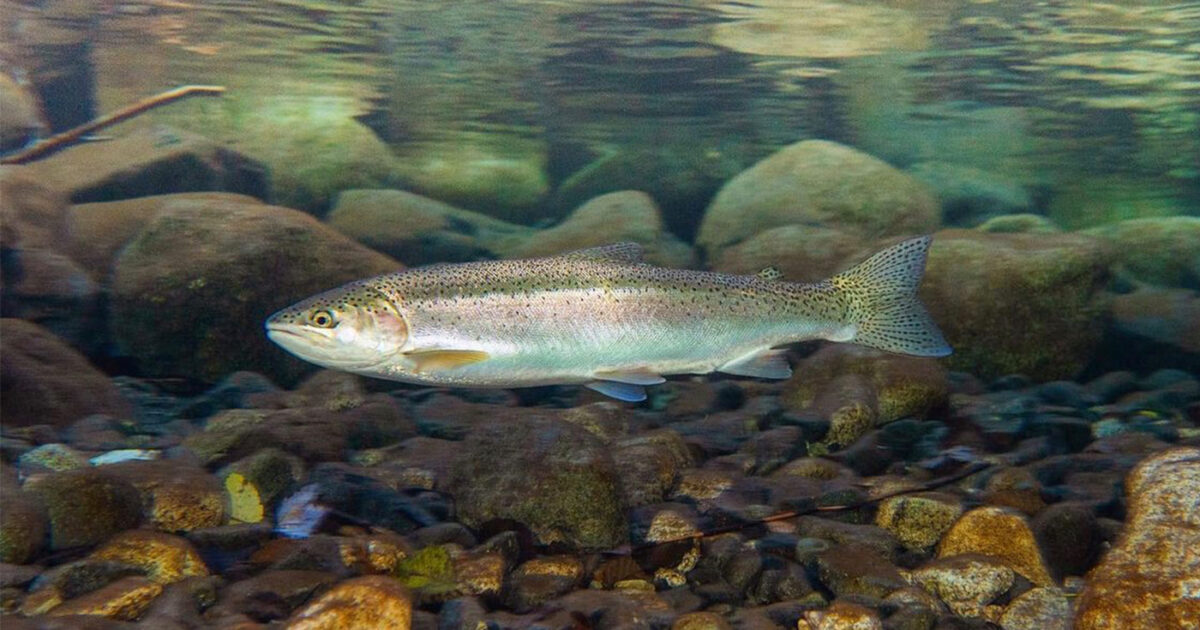
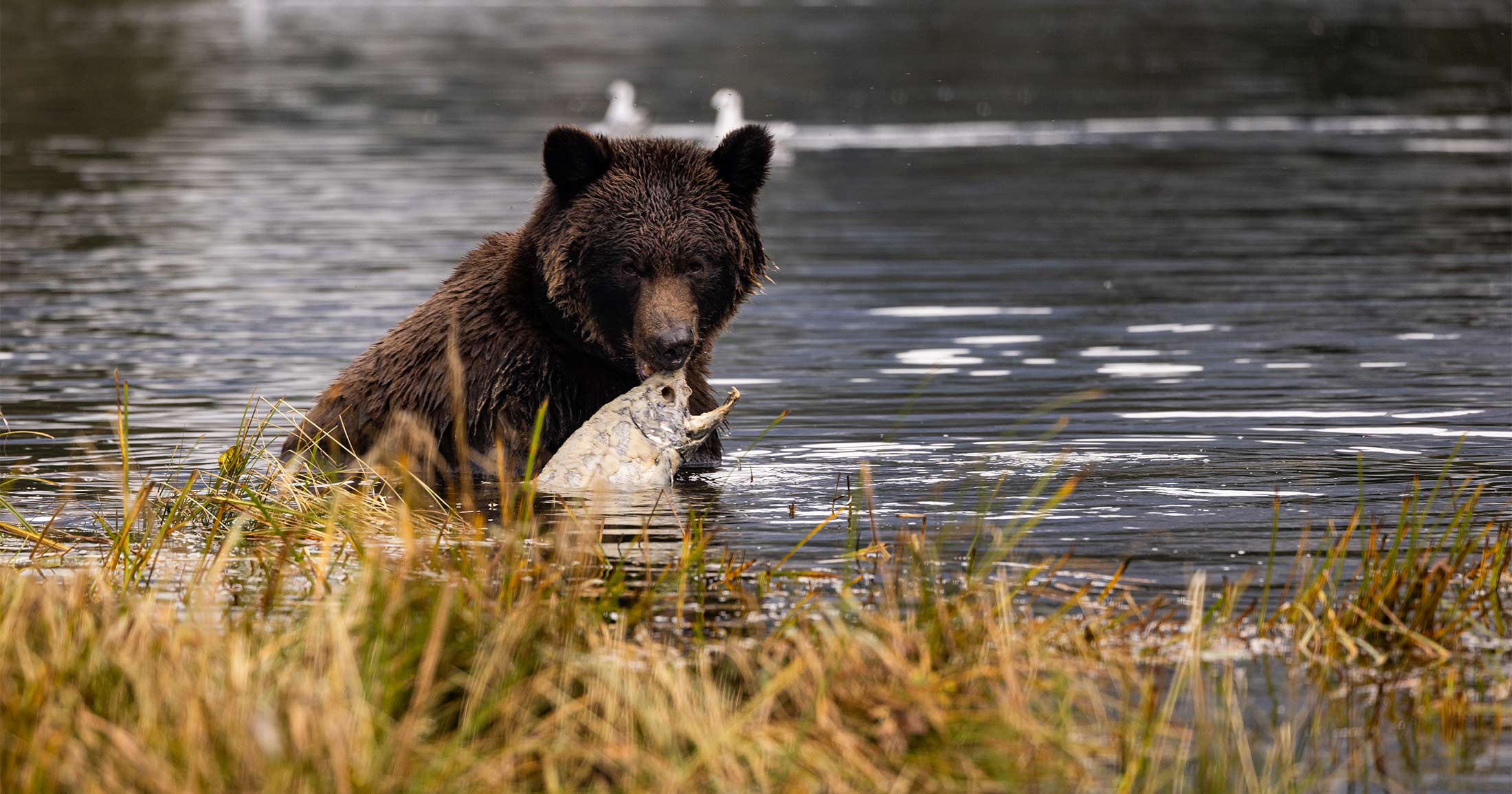
Our policy goals
1. Manage fisheries for ecosystems
- Set salmon harvest at levels that optimize the benefits of spawning salmon to watersheds and wildlife.
- Shift away from historic management paradigms that minimize the number of spawning salmon reaching rivers and maximize harvest (called Maximum Sustainable Yield). Move towards fisheries management that meets salmon spawning targets that are ecologically based, not harvest-based.
- Shift harvest toward selective terminal fisheries (conducted in or near the rivers of origin) that respect the ‘place-based’ nature of salmon, and optimize the benefits to ecosystems, Indigenous cultures, and local communities.
2. Implement ecological-based governance
- Conservation planning and a commitment to sustainability that looks 7 generations ahead.
- A “whole-of-government” approach that implements shared solutions by Indigenous, federal, provincial, and municipal governments to achieve salmon recovery from inland watersheds and rivers, to the open ocean.
- Governance that honours Aboriginal rights and title, inherent Indigenous jurisdiction and law, and the United Nations Declaration on the Rights of Indigenous Peoples (UNDRIP) and the Declaration on the Rights of Indigenous Peoples Act (DRIPA).
- Sustainable funding strategies for watershed-scale restoration and planning.
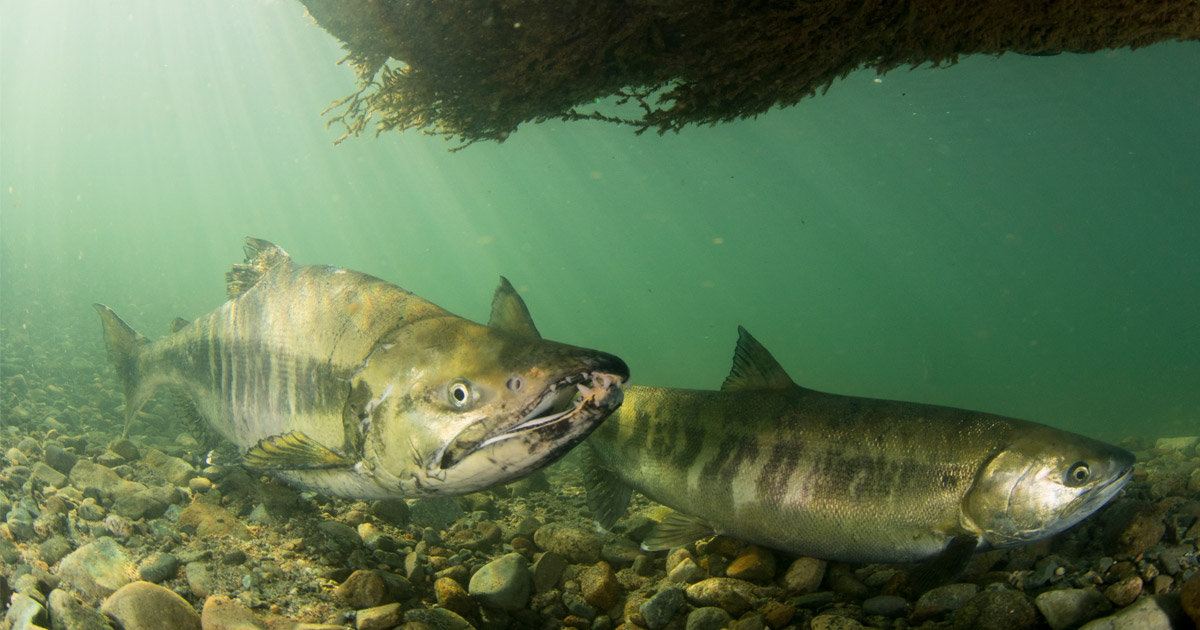
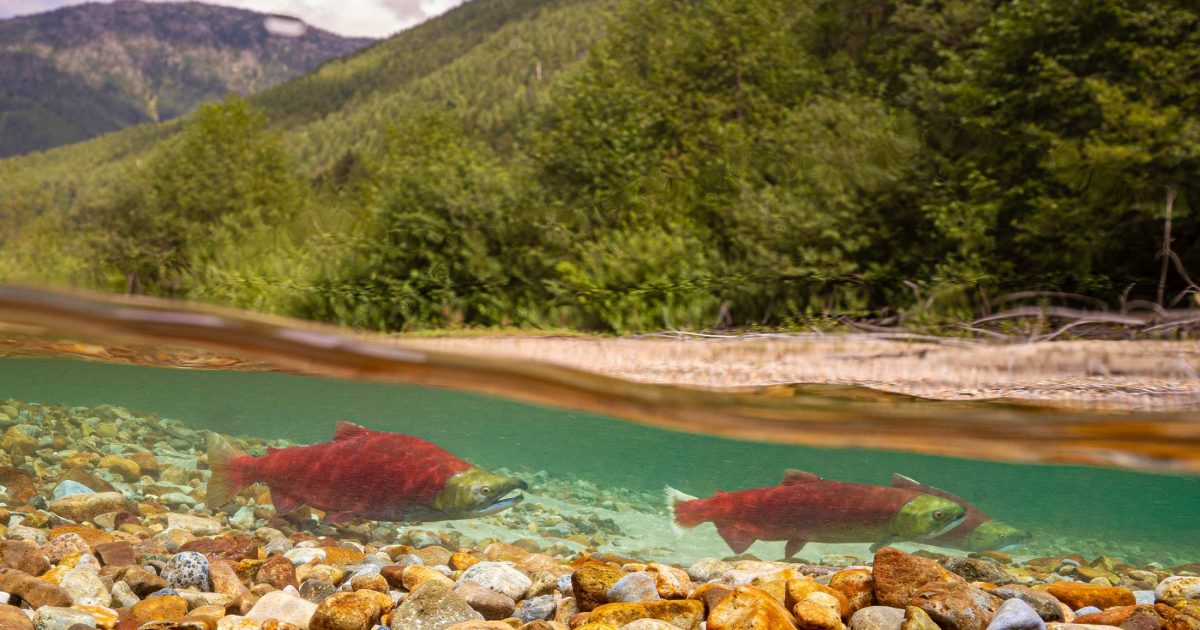
3. Advance land-use policies that prioritize the health of wild salmon and biodiversity
- Zoning that bolsters functioning watersheds and riparian habitat (i.e.protect natural features, limit impervious surfaces, reduce urban sprawl, adopt nature-based solutions).
- Forestry policy that prioritizes salmon health by restricting clear-cutting in salmon watersheds, and incentivizes a sustainable, second or third-growth forest economy.
- Climate adaptation policy that incentivizes nature-based solutions including natural shorelines, intact riparian areas, unrestricted floodplains, managed retreat, and use of rain-gardens in urban areas.
Our recent reports
Recent articles
A legacy of respect: Jane Goodall and my work with whales
The importance of keeping empathy at the heart of science.
Mapping and restoring thermal refuges in the Nicola watershed
Thermal refuges are sites within a stream that are significantly cooler than the surrounding water.
Episode 10: How crises lead to connection with Murray Ned, Lower Fraser Fisheries Alliance
What can we learn from the perseverance of salmon?
Join us November 20th for the 2025 Raincoast Ocean Science Awards
Four awards will be presented to honour those making waves in ocean science as this celebration returns to the Vancouver Aquarium.
In the Salish Sea, tensions surrounding killer whales and salmon are about more than just fishing
Amidst enduring perceived conflict between anglers and killer whale advocates, a new peer-reviewed study offers hope for moving beyond polarization.
New study reveals pathways to transform conflict over contentious salmon and killer whale management in B.C.
Although differences in some beliefs and management priorities were stark, the research revealed that many individuals held both angler and conservationist identities, and shared similar beliefs regarding the importance of SRKWs and Chinook salmon.

